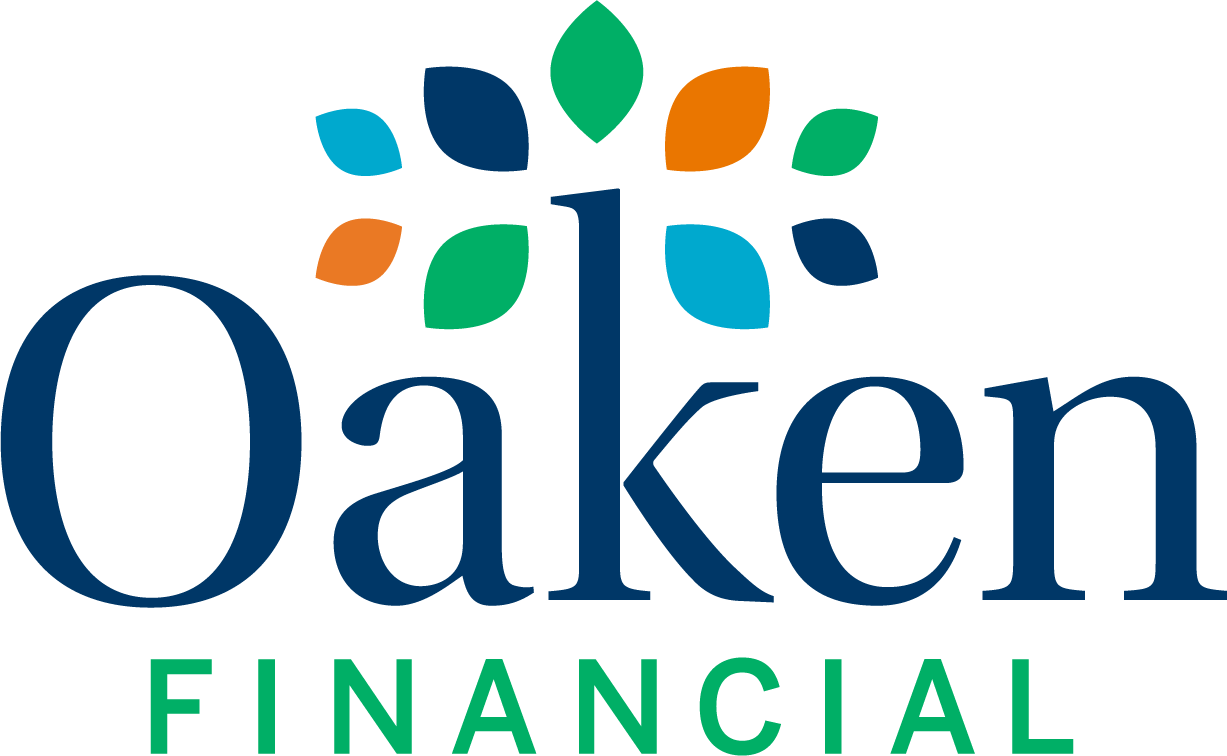Traditionally, the tax filing deadline for individuals is April 30, but due to global events, the Canadian government has postponed that date to June 1 this year to give you some more breathing room. This was a welcome change for many people, but the extension doesn't apply to self-employed individuals as this deadline remains June 15.
Now, if you're one of the lucky people who will be getting a tax refund, you're probably dreaming about what to do with that "free money." It's nice to imagine how you're going to spend that cash, but that money is just the government returning the interest-free loan you gave them. Instead of spending your refund on the first thing that catches your eye, consider the following things to do with your tax refund.
Build your emergency fund
If you don't have an emergency fund yet, using your tax refund is an excellent way to get one started. Generally speaking, you'll want your emergency fund to cover six months' worth of expenses in case an emergency comes up. I'm talking about things such as a job loss, you're unable to work, or an unexpected significant expense comes up such as a costly vehicle repair. Keeping this money in a high-interest savings account is ideal since you'll be able to access it quickly while earning some interest. Your tax refund likely won't cover all six months, so be sure to keep saving until your emergency fund is topped up.
Pay off any debt
It may not sound fun, but paying down any high interest debt you have, such as credit cards, car loans, or your line of credit, can go a long way. Every dollar you put towards your debt ensures you're not paying additional interest charges. If you're going to go this route, focus on the debt that has the highest interest rate first as it'll save you the most money.
If you don't have any consumer debt, but you have a mortgage, it could be worth your while to make an additional payment as it would count 100% towards your principal. This could potentially save you hundreds if not thousands of dollars over the length of your amortization. That said, be sure to look at the terms of your mortgage before you make any extra payments as it may have strict rules about when you can make a payment and how much you can pay.
Spend it on whatever you want
Yes, you read that right, spending your tax refund on whatever you want is totally fine, as long as your finances are in shape. There's no need to save every single dollar that comes your way, so spending your tax refund can be a good thing since it likely won't affect your monthly budget.
Invest it
One popular strategy is to take your tax refund and invest it. The most common place to invest your money is within your Registered Retirement Savings Plan (RRSP) or Tax-Free Savings Account (TFSA). Which one you choose really depends on your personal situation. The important thing to note is that if you invest your money early, you could potentially take advantage of compound interest and market gains.
Put it towards your child's Registered Education Savings Plan
If you have a child or grandchildren, putting your tax refund into their Registered Education Savings Plan (RESP) can be quite beneficial. Although you won't get a tax break, your contributions will be matched by 20% up to $500 a year thanks to the Canadian Education Savings Grant (CESG). The CESG is available every year to children under the age of 18, but there's a lifetime limit of $7,200. Note that the maximum yearly CESG can be higher depending on your household income and contributions.



 Saving strategies
Saving strategies